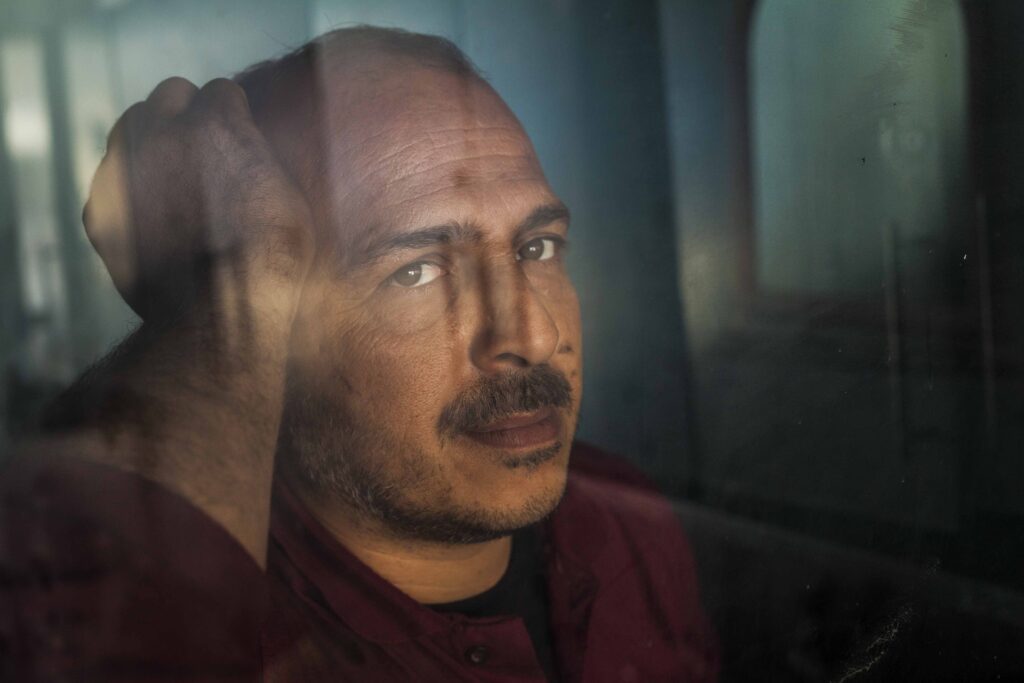Each person’s reaction to a cardiac event is unique. It is quite normal to experience early feelings of fear, frustration or irritability.

Some people report an initial sense of relief at receiving help and increased appreciation of life. Most people will go through a number of different reactions and gradually feel more positive over time.
Some people experience more prolonged or more severe problems with mood after a cardiac event. If you are concerned that you may be experiencing anxiety or depression, please read the NHS and BHF information below to see whether you recognise these symptoms. Anxiety and depression can become problems which get in the way of your recovery, so please do speak to your cardiac rehabilitation professional or GP.
It is not uncommon for patients to experience anxiety or depression. Please read the NHS and BHF information below to see whether you recognise these symptoms. We have also included some fictional cases to illustrate how some of our patients have learnt to manage low mood after a cardiac events using an cognitive behavioural approach CBT- case examples . Anxiety and depression can become problems which get in the way of your recovery, so please do speak to your cardiac rehabilitation professional or GP.
Some cardiac events and hospital experiences can be traumatic and therefore hard to process and come to terms with. One of the tabs below links to videos made by Chest Heart and Stroke Scotland and the Lothian’s h trauma centre. These were made for people after cardiac arrest but are relevant to other cardiac patients too. For most people these symptoms resolve over the first weeks and months. As above, if you are concerned, then please speak to you cardiac rehabilitation professional or your GP.
The following pages provide information on mood and include a number of resources which guide you to better manage your mood and work towards psychological wellbeing.
Coping with anxiety and depression














